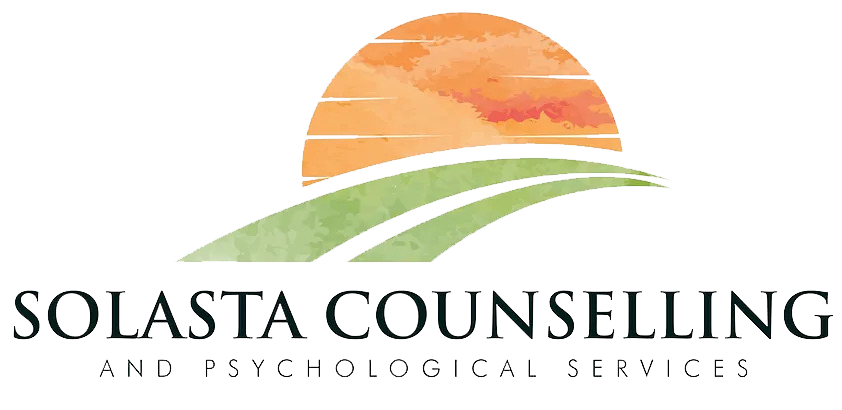2SLGBTQIA+ Therapy Calgary
2SLGBTQIA+ therapy to support individuals navigating identity, societal acceptance, and relationship challenges.

Affirming Therapy for the 2SLGBTQIA+ Community
One of the key elements of 2SLGBTQIA+ counselling Calgary at Solasta Counselling is affirming therapy. “What does affirmative therapy mean?” Affirmative therapy is an approach that recognizes and validates your identity, ensuring that the therapeutic environment is accepting and empowering. It’s about creating a space where you can freely express your identity and emotions without fear of judgement or rejection.
In affirmative therapy, your therapist will work with you to explore your sexual orientation, gender identity, and personal experiences. This is not about changing who you are, but about embracing and understanding your true self.
“How will affirmative therapy help me with my struggles?”
Affirmative therapy helps you process any internalized shame, address fears around rejection, and guide you toward healthy self-acceptance.
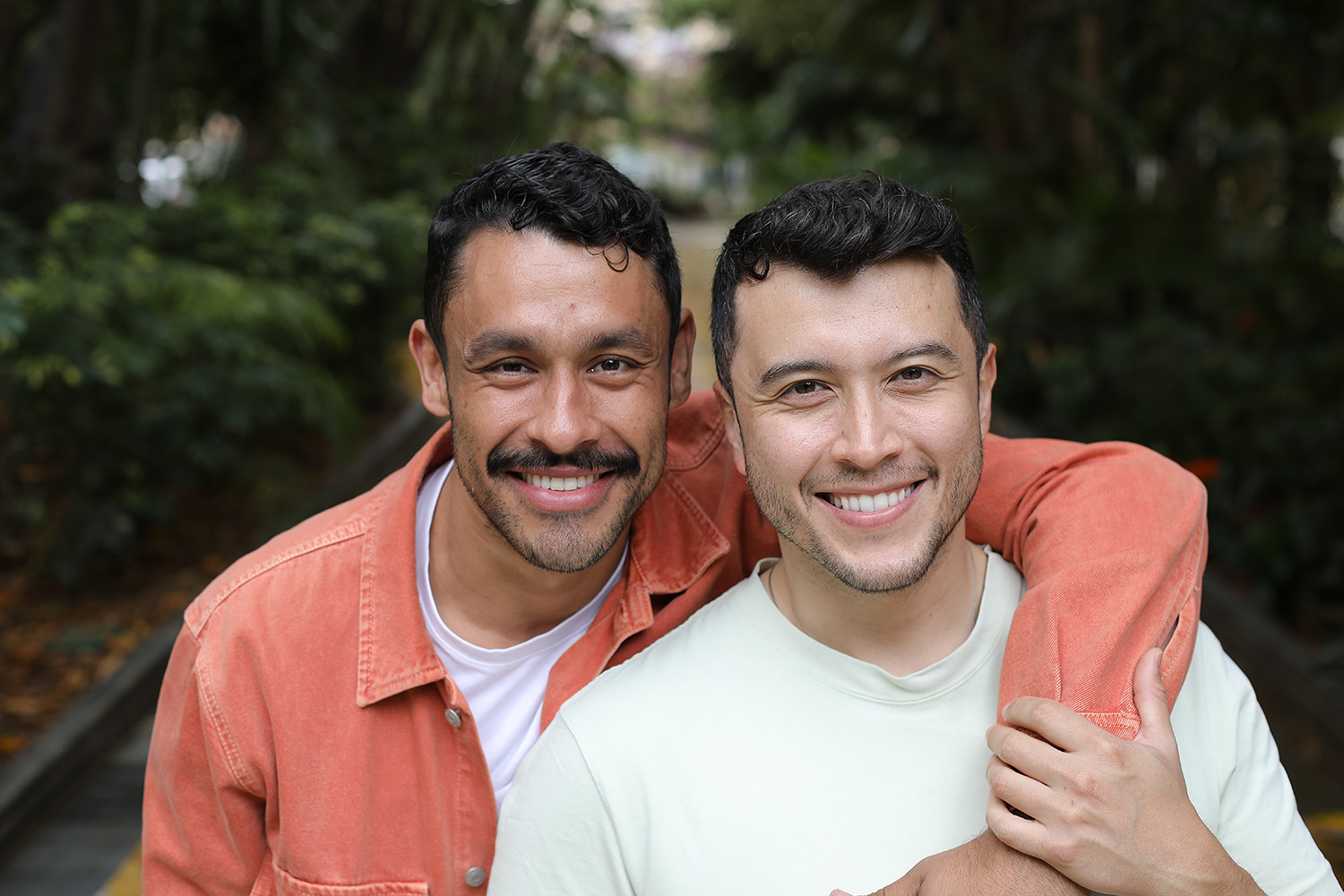
Challenges Faced by the 2SLGBTQIA+ Community
2SLGBTQIA+ individuals often face a range of challenges that can impact mental health.

These challenges can include societal discrimination, family rejection, bullying, and internalized stigma. “Why do 2SLGBTQIA+ people face such high rates of mental health challenges?” The stress of hiding one’s identity or dealing with societal rejection can contribute to anxiety, depression, and other emotional struggles.
Coming Out
Coming out can be a pivotal moment in someone’s life. However, it’s also a moment filled with potential anxiety, fear, and uncertainty.
“What if my family or friends don’t accept me when I come out?”
Therapy can help you explore the best way to navigate coming out, offering guidance on how to manage emotions and potential rejection.
Family Dynamics
Many 2SLGBTQIA+ individuals face challenges within their family structures.
Whether dealing with lack of support, rejection, or miscommunication, these challenges can deeply affect mental health and self-esteem.
“How can therapy help with family-related issues?”
A therapist can help you address family dynamics, work on improving communication, and heal from hurtful experiences, promoting healthier relationships.
Internalized Homophobia or Transphobia
Internalized homophobia or transphobia is when individuals hold negative beliefs or attitudes toward their own sexual orientation or gender identity. This can be a significant barrier to self-acceptance and mental well-being.
“How can I overcome internalized shame?”
Therapy can provide tools to challenge these harmful beliefs, helping you embrace your identity without guilt or shame.
Experiencing Discrimination or Stigma
Discrimination and prejudice against the 2SLGBTQIA+ community can lead to feelings of isolation, anger, and helplessness. Whether it’s in the workplace, in social circles, or in broader society, the impact of these experiences can affect your mental health.
“How can I cope with discrimination or hate?”
Therapy offers coping mechanisms and resilience-building strategies to help you handle these negative experiences and maintain a strong sense of self-worth.
Mental Health Struggles
Many 2SLGBTQIA+ individuals experience higher rates of mental health concerns, including anxiety, depression, and suicidal thoughts, often due to the cumulative effects of discrimination, family rejection, or internal struggles.
“Why is mental health so important for 2SLGBTQIA+ people?”
Therapy can help individuals address these mental health challenges by providing strategies to manage symptoms and reduce distress. A supportive therapist can assist you in developing resilience and coping skills.
How Therapy Helps 2SLGBTQIA+ Individuals
At Solasta, we provide a supportive environment where 2SLGBTQIA+ individuals can explore their identity without judgment.

Therapy offers a safe space to address challenges such as acceptance, self-esteem, and relationship dynamics.
Our therapists work with you to process past wounds, whether related to discrimination, internalized stigma, or other struggles.
Through therapy, we help you develop coping skills, improve mental health, and build resilience for a brighter future.
Self-Discovery and Empowerment
Therapy provides an opportunity to explore your sexual orientation, gender identity, and the aspects of yourself that may have been suppressed or questioned.
“How can therapy help me figure out who I am?”
Through open and affirming conversations, therapy helps you embrace your true identity and navigate any confusion or uncertainty you may feel.
Building Confidence and Self-Acceptance
Struggles with self-worth are common among those who have faced societal rejection or discrimination.
“Why do I feel like I’m not enough?”
Therapy helps you challenge negative beliefs, accept yourself as you are, and build confidence. Over time, you will learn to embrace your authentic self and feel proud of your identity.
Improving Relationships and Communication
Whether with family, friends, or partners, relationships can sometimes be strained when there’s a lack of understanding about 2SLGBTQIA+ issues.
“What if my relationships are suffering because of my 2SLGBTQIA+ identity?”
Therapy can help you improve communication, set boundaries, and foster understanding in your relationships. It also provides guidance for navigating the complexities of 2SLGBTQIA+ romantic relationships, ensuring that you feel supported and respected.
Coping with Discrimination or Prejudice
Experiencing discrimination can be emotionally exhausting and damaging to mental health.
“How can I handle situations where I am discriminated against?”
Therapy provides tools to cope with the effects of discrimination, whether it’s at work, school, or in the broader community. Your therapist will help you build emotional resilience, and offer strategies for confronting and coping with bias.
Healing from Trauma
For many 2SLGBTQIA+ individuals, trauma related to their identity, such as childhood bullying, family rejection, or hate crimes, can leave lasting emotional scars.
“What if I’ve experienced trauma because of my 2SLGBTQIA+ identity?”
Therapy, including trauma-informed care and modalities like EMDR, can help individuals process these traumatic experiences, reduce emotional triggers, and heal from past wounds.
Navigating Gender Dysphoria
For individuals who experience gender dysphoria, therapy can help you explore your feelings about gender, identity, and transition.
“What if I feel like my gender identity doesn’t match my body?”
Therapy helps individuals explore their gender identity, work through the challenges of transition, and provide support during the exploration of medical or social gender transition options.
Supporting Transgender and Non-Binary Individuals
Transgender and non-binary individuals face unique challenges related to their gender identity, including the process of coming out, navigating gender roles, and dealing with societal rejection.
“How can therapy help if I’m questioning my gender?”
Therapy offers a space to explore your gender identity without pressure, support during your transition, and a roadmap to living authentically.
Therapy Approaches for 2SLGBTQIA+ Individuals
At Solasta, we use a variety of evidence-based therapeutic approaches to support 2SLGBTQIA+ clients. These include:
CBT (Cognitive Behavioural Therapy)
CBT helps individuals identify and change negative thought patterns, especially those related to self-acceptance, anxiety, or depression. “How does CBT help me cope with 2SLGBTQIA+ issues?” CBT helps you challenge harmful beliefs, such as internalized homophobia, and develop healthier thought patterns that align with your true self.
EMDR (Eye Movement Desensitization and Reprocessing)
EMDR can be especially effective for individuals who have experienced trauma or have lingering effects from past discrimination, rejection, or violence. “What if I’m still haunted by past experiences of discrimination or rejection?” EMDR helps process traumatic memories, reducing their emotional impact and helping you heal from the trauma associated with your identity.
Affirmative Psychotherapy
This approach centers around understanding, validating, and supporting the 2SLGBTQIA+ individual. It’s about creating an environment where your identity is respected and celebrated. “What makes affirmative therapy different?” Affirmative therapy focuses on creating an environment where you can explore your identity safely and without fear of judgement.
Mindfulness and Stress Reduction
Mindfulness practices can help manage the stress that often accompanies living in a world that can be unaccepting. “How can mindfulness help me with anxiety and stress?” Mindfulness techniques reduce anxiety, enhance emotional regulation, and promote self-compassion, all of which are important in healing from societal stigma and personal struggles.


Why Choose Solasta for 2SLGBTQIA+ counselling Calgary?
At Solasta Counselling, we provide a warm, affirming space for 2SLGBTQIA+ clients to explore their identities and work toward well-being.
Calgary Counselling and Psychology Services
Our Calgary psychologists have a wide range of experience and expertise in understanding the unique needs of our clients and helping you reach your therapy goals.
CAP
All of our psychologists are registered with the College of Alberta Psychologist.
PAA
Many of our psychologists are members of the Psychology Association of Alberta.
CCPA
Many of our psychologists are members of the Canadian Counselling and Psychotherapy Association.
Therapists Specializing in 2SLGBTQIA+ counselling Calgary

Only

Only

Only

Only
We’re Located in Calgary, Alberta
We provide counselling and psychological services in-person in Calgary and online counselling throughout Alberta.
Suite 200, 1716 16 Ave NW, Calgary AB
*free parking behind the building
Our Calgary Office Space
Our thoughtfully designed counselling spaces are crafted to create a warm, welcoming environment where you can feel completely at ease.
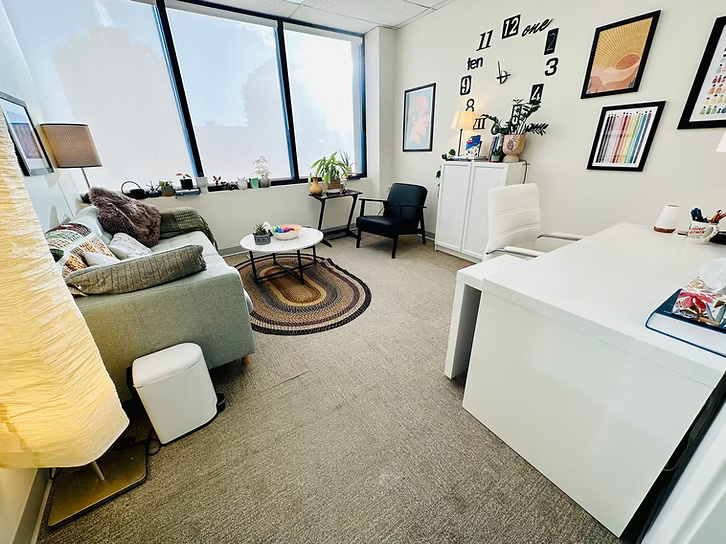



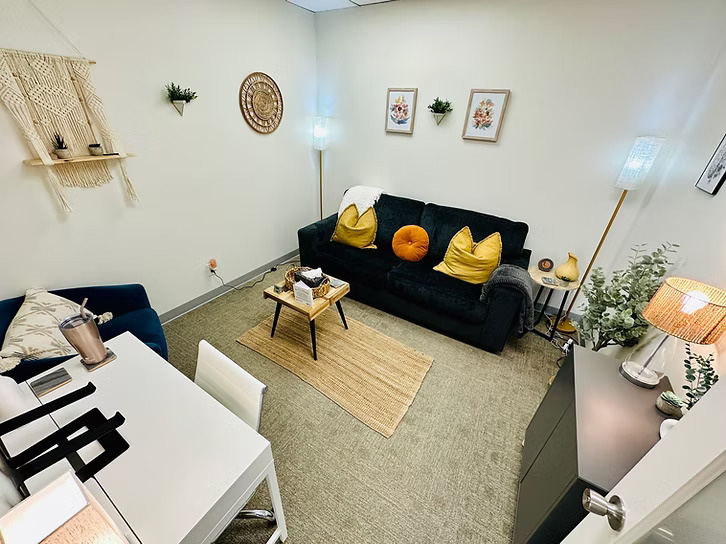

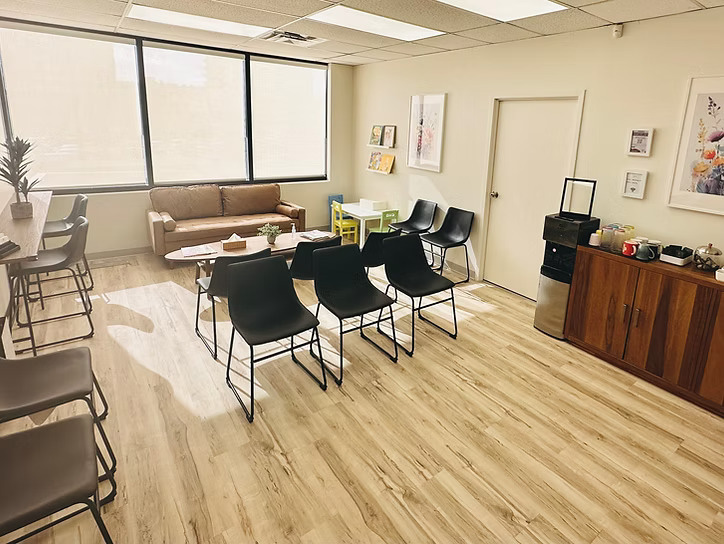
Get Started With Solasta in Three Easy Steps
Find Your Therapist
Book Online
Choose a date and time that fits your schedule and receive instant confirmation of your appointment.
In-person or Online
Visit our welcoming Calgary office or meet with your therapist online from the comfort of your home.
FAQs
What types of therapy do you offer at Solasta Counselling?
At Solasta Counselling, we offer a wide range of evidence-based therapies tailored to your individual needs.
These include Cognitive Behavioral Therapy (CBT), Acceptance and Commitment Therapy (ACT), Dialectical Behavior Therapy (DBT), EMDR for trauma, Narrative Therapy, and Gottman Method Couples Therapy.
Each approach is designed to help address specific challenges, whether you’re dealing with anxiety, depression, relationship issues, grief, trauma, or other concerns.
How do I know if therapy is right for me?
Therapy can be helpful if you’re experiencing emotional or psychological challenges that affect your daily life, relationships, or well-being.
Common signs include persistent feelings of sadness or anxiety, difficulty coping with stress, or a desire for personal growth and self-discovery.
If you’re unsure, an initial consultation can help you explore your concerns and determine if therapy is a good fit for you.
What can I expect during my first session?
Your first session at Solasta Counselling will focus on understanding your unique situation and goals.
You’ll discuss your current challenges, personal history, and what you hope to achieve in therapy.
This session allows your therapist to tailor a treatment plan that suits your needs, while also giving you an opportunity to ask questions and build a comfortable, trusting relationship.
Do you offer virtual or in-person counselling sessions?
Yes, Solasta Counselling offers both virtual and in-person sessions to accommodate your preferences and needs.
Virtual therapy allows you to access support from the comfort of your home, while in-person sessions provide a private, welcoming environment at our Calgary location and throughout Alberta.
Both options ensure the same level of care and confidentiality.
How long does therapy usually take?
The length of therapy varies depending on your goals and the complexity of your concerns.
Some clients see improvement in just a few sessions, while others benefit from longer-term support.
Your therapist will work with you to set realistic expectations and adjust your treatment plan as you progress.
Is therapy confidential?
Yes, all sessions at Solasta Counselling are confidential.
We follow strict professional and legal guidelines to protect your privacy.
The only exceptions involve safety concerns, such as risks of harm to yourself or others, which your therapist will explain during your initial session.
